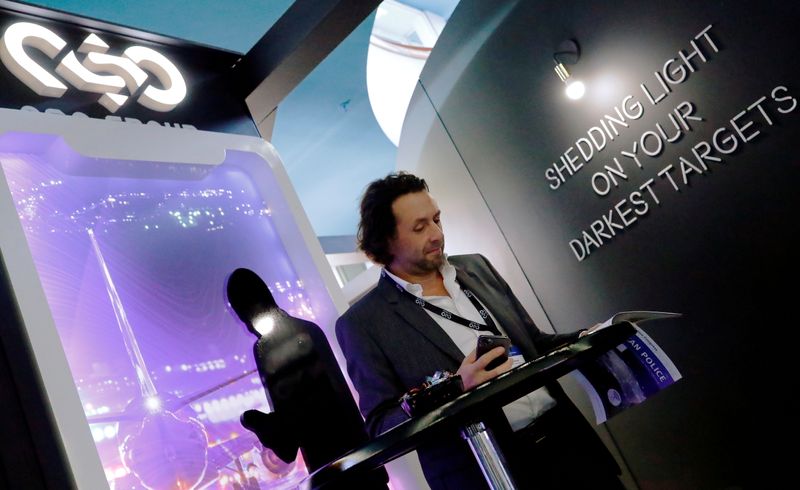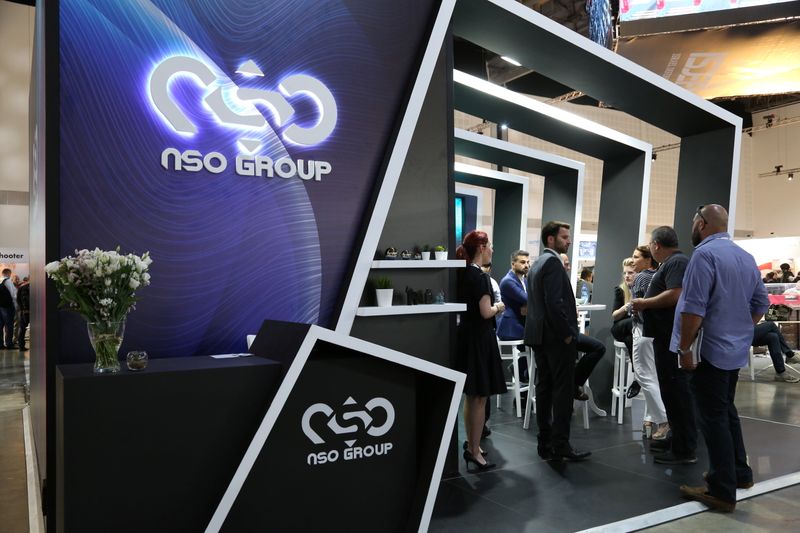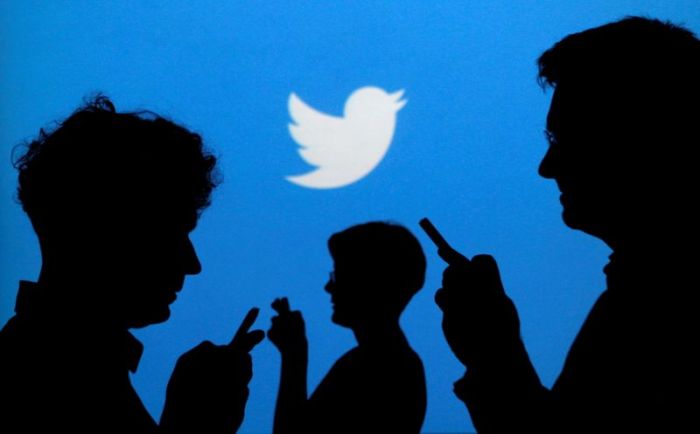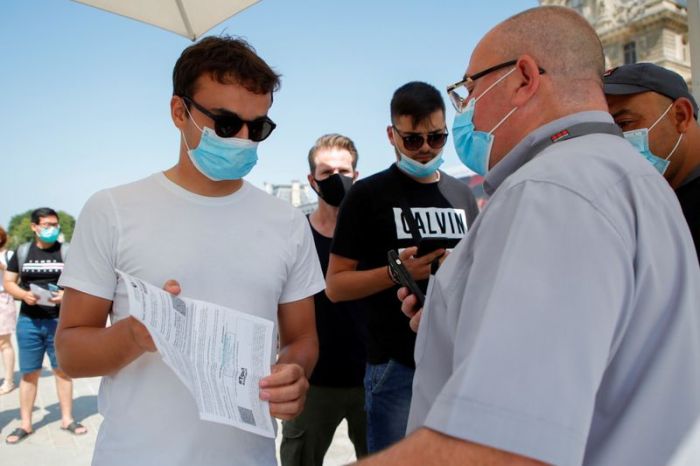JERUSALEM (Reuters) -Israel has set up a senior inter-ministerial team to assess growing allegations that spyware sold by an Israeli cyber firm has been abused on a global scale, Israeli sources said on Wednesday.
One source said the team is headed by Israel’s National Security Council, which answers to Prime Minister Naftali Bennett and has broader areas of expertise than the Defence Ministry, which oversees exports of NSO Group’s Pegasus software.
Another source said the National Security Council is not involved and that the assessment is being carried out by senior defence, intelligence and diplomatic officials.
Both sources requested anonymity because of the sensitivity of the issue.
“This event is beyond the Defence Ministry purview,” the first source said, referring to potential diplomatic blowback after prominent media reports this week of suspected abuses of Pegasus in France, Mexico, India, Morocco and Iraq.
On Wednesday, French Prime Minister Jean Castex said French President Emmanuel Macron had called for a series of investigations to be carried out into the Pegasus spyware case.
Macron’s phone was on a list of potential targets for possible surveillance on behalf of Morocco in the Pegasus case, France’s Le Monde newspaper said on Tuesday.
The head of Mexico’s financial intelligence unit, Santiago Nieto, said the current government had not signed contracts with companies used to procure Pegasus, but added that the previous Mexican administration had done so as “tactics of control, intimidation and manipulation”.
One of the Israeli sources deemed it “doubtful” that new curbs would be placed on Pegasus exports, and said the objective “is to find out what happened, to look into this issue and learn lessons”.
Commenting on the development, an NSO spokesperson said: “We welcome any decision made by the government of Israel, and we are convinced that the company’s activities are without flaw.”
Addressing a cyber conference on Wednesday, Bennett did not mention the NSO affair.
‘WRONG ASSUMPTIONS’
A global investigation published on Sunday by 17 media organisations, led by the Paris-based non-profit journalism group Forbidden Stories, said Pegasus had been used in attempted and successful hacks of smartphones belonging to journalists, government officials and human rights activists.
NSO has rejected the reporting by the media partners, saying it was “full of wrong assumptions and uncorroborated theories”. Pegasus is intended for use only by government intelligence and law enforcement agencies to fight terrorism and crime, NSO said.
Such purposes are also what guide Israel’s export policy, Defence Minister Benny Gantz said in a speech on Tuesday. But, in a reference to the allegations around Pegasus, he added: “We are currently studying the information published on the matter.”
At the conference, Bennett said Israel has memorandums of understanding with dozens of countries about cyber security, which he wants to upgrade into a “global cyber defence shield”.
(Additional reporting by Steven Scheer in Jerusalem, Nicolas Delame and Sudip Kar-Gupta in Paris;Writing by Dan Williams;Editing by Nick Macfie, William Maclean)






















